Kristen Dunsmore is a trailblazer who has seen the popularity of powerlifting explode in real time. Beginning her career in 2014, she has experienced the sport’s rise as both a competitor and a coach. Dunsmore sat down with Virus to discuss her role in inspiring female powerlifters, overcoming injuries, and the importance of taking a long-term view of your career.
Kristen Dunsmore’s powerlifting career has come full circle. Initially hesitant to begin lifting as she didn’t want to appear “too masculine,” she has a unique perspective in seeing the sport grow in popularity amongst women. Dunsmore, who started competing in 2014 at 24-years-old, remembers how there were only four female competitors at her first meet. Those early experiences motivated her to dispel common myths and make an impact on future generations of female powerlifters.
“Over the years, I find it’s the little things that keep me motivated, [like] someone telling me they look up to me or how they one day hope they can be as strong as me,” says Dunsmore.
“It’s small notes of appreciation that remind me what I’m doing is influencing others”
Her background gives her a distinct perspective when it comes to conquering barriers, both societal and mental. She takes the job of being a role model seriously. She clearly remembers watching other women lift heavy weights while still maintaining a feminine physique, which encouraged her to pursue her powerlifting passion.
But Dunsmore is also optimistic that times are changing for the better, especially with issues surrounding self-esteem and body image becoming more accepted. She is inspired by how women today are deadlifting 500 lbs drug-free, something that was unheard of just three years ago.
As for her own career, her proudest moment came in 2018 after winning the USAPL Raw Nationals in the 72kg weight class. And while her immediate goal is to win the IPF World Championships, she notes the challenges from how quickly the sport is moving due to its growing popularity. She says that competing in the IPF Worlds was one of her most cherished experiences in powerlifting, even if her lifts from three years ago wouldn’t crack the Top 20 today.
“I hope that women who are just getting into the sport see these women and realize that it’s okay to be strong and feminine at the same time”
Dunsmore has a clear, structured plan for achieving her career goals. She follows a strict diet, eating four meals a day with snacks in between, all while emphasizing whole foods high in protein. She insists that there’s nothing glamorous about her nutrition plan, just everyday consistency.
“I eat a higher caloric meal later in the evening since that is when I tend to be the most hungry. Otherwise, there is no real magic to my nutrition,” says Dunsmore.
When it comes to building a relationship with her audience on social media, Dunsmore focuses on authenticity. She mostly posts training videos or educational content to help establish a bond with her followers, giving her credibility when she supports brands she believes in like Virus. Initially drawn to the design and quality of Virus gear, her favorite pieces are shorts and sports bras due to technical details focused on getting the best out of athletes. Outside of the gym, her go-tos are sweatshirts and joggers.
“If you want to get to a competitive level, train, and work hard. There are other people who want it just as bad, if not more, than you”
Powerlifting has ingrained the importance of self-discipline and dedication in Dunsmore. The biggest lesson she’s taken from the sport is that while there are naturally gifted athletes, being great requires the internal motivation of putting in work everyday. She contrasts the individual nature of powerlifting to the team sports she grew up playing, which makes being self-driven even more important.
“As with all sports, while there are definitely gifted athletes, it doesn’t mean they don’t have to put in work. Powerlifting is largely a solo feat that requires a lot of internal motivation,” says Dunsmore about the importance of focus and drive.
And while powerlifting is an individual sport, Dunsmore credits her coach Chad Wesley Smith as her most important mentor. Largely self-taught for the early part of her career, they met at the Arnold Classic in 2015. Smith offered to help Dunsmore for her next meet, and the two have found success ever since.
“Most of the feelings my athletes have, I have or have had myself”
She looks to impart a similar drive and mentality to the next generation of competitors. Currently a coach at Juggernaut Training, she draws inspiration from her own career when getting into the mindset of her students. She especially focuses on the emotional aspect of powerlifting, from the pre-competition nerves to the draining feeling of cutting weight, with her experience adding an extra layer of authenticity.
Dealing with injuries plays a key role in the managing of emotions. Dunsmore’s advice is to trust your feelings and take a long-term approach to recovery despite initial frustrations. And while injuries are disappointing, she believes that getting through those setbacks have ultimately made her a better lifter.
But most of all, whether coaching competitors or beginners, she works to temper the expectations of her students.
“I think it is important to acknowledge that not every training session is going to be great but that doesn’t mean it was a horrible workout,” she says.
“We often strive for immediate gratification which can hinder the long-term recovery process”
That even-keeled approach has served Dunsmore well throughout the longevity of her career. Whereas once she looked to other females powerlifters for encouragement, she’s now in a role of guiding the future. Dunsmore’s early experiences gave her an invaluable perspective as powerlifting becomes more popular and new records get set year after year. No matter what the future brings, Dunsmore will continue to be an integral part to it all.


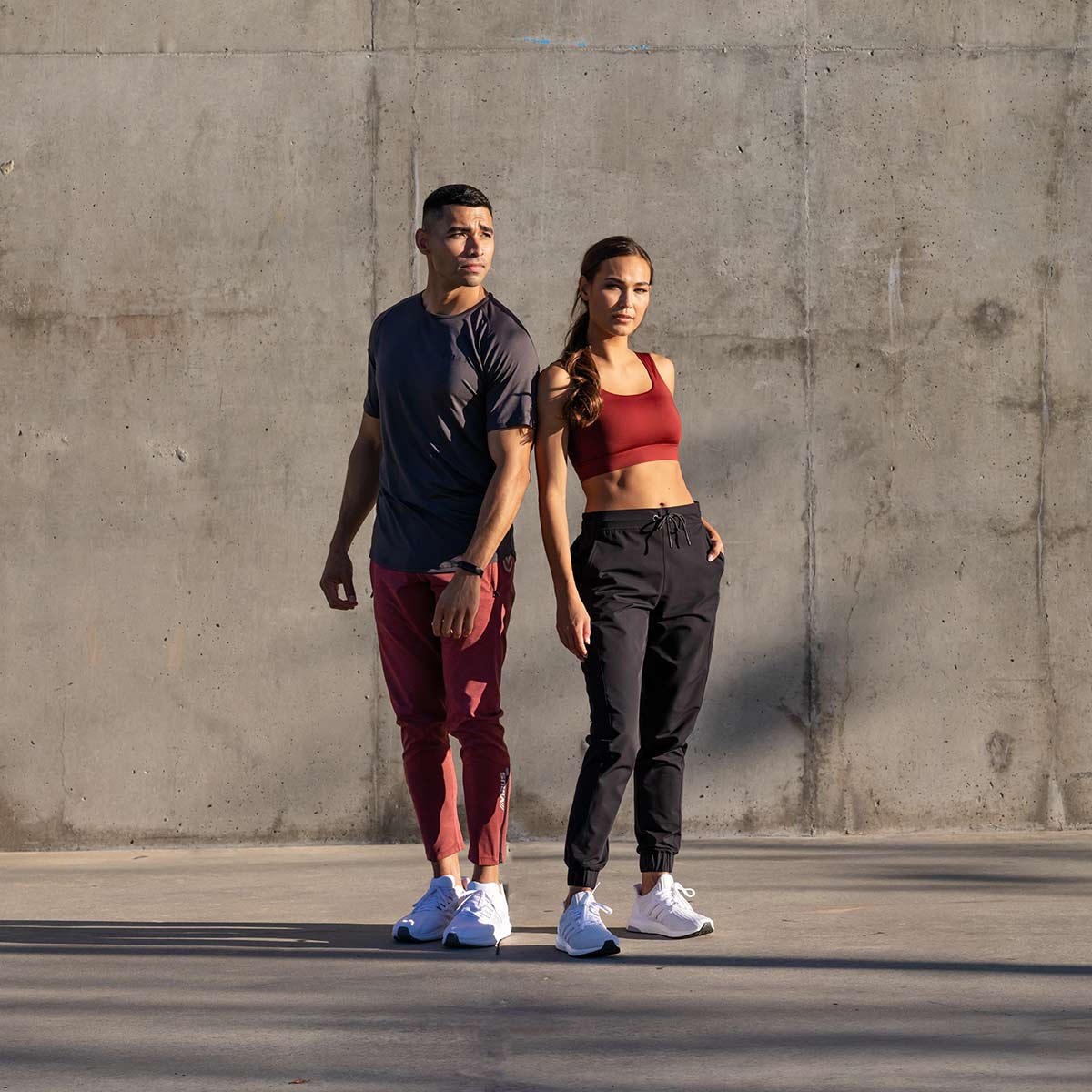
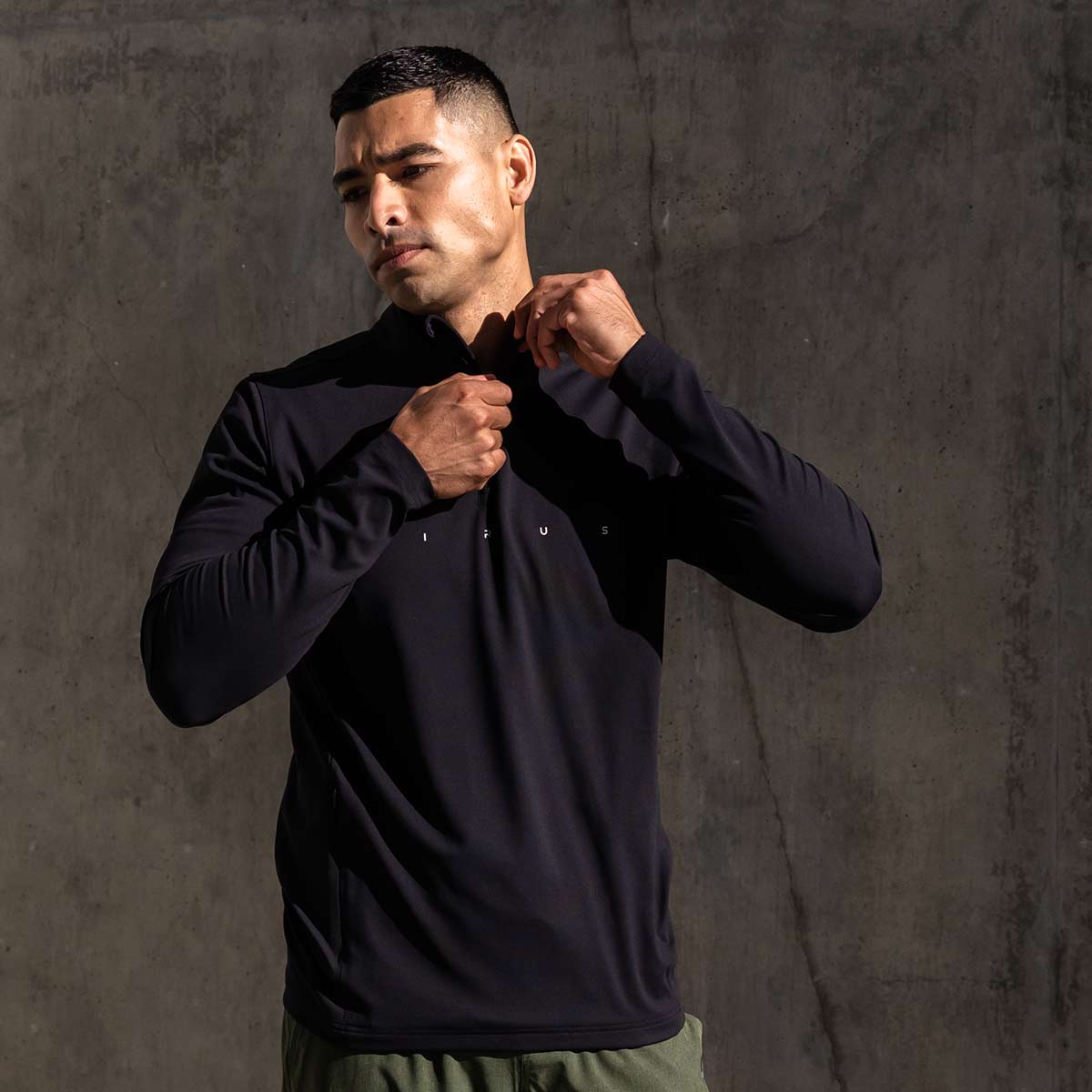
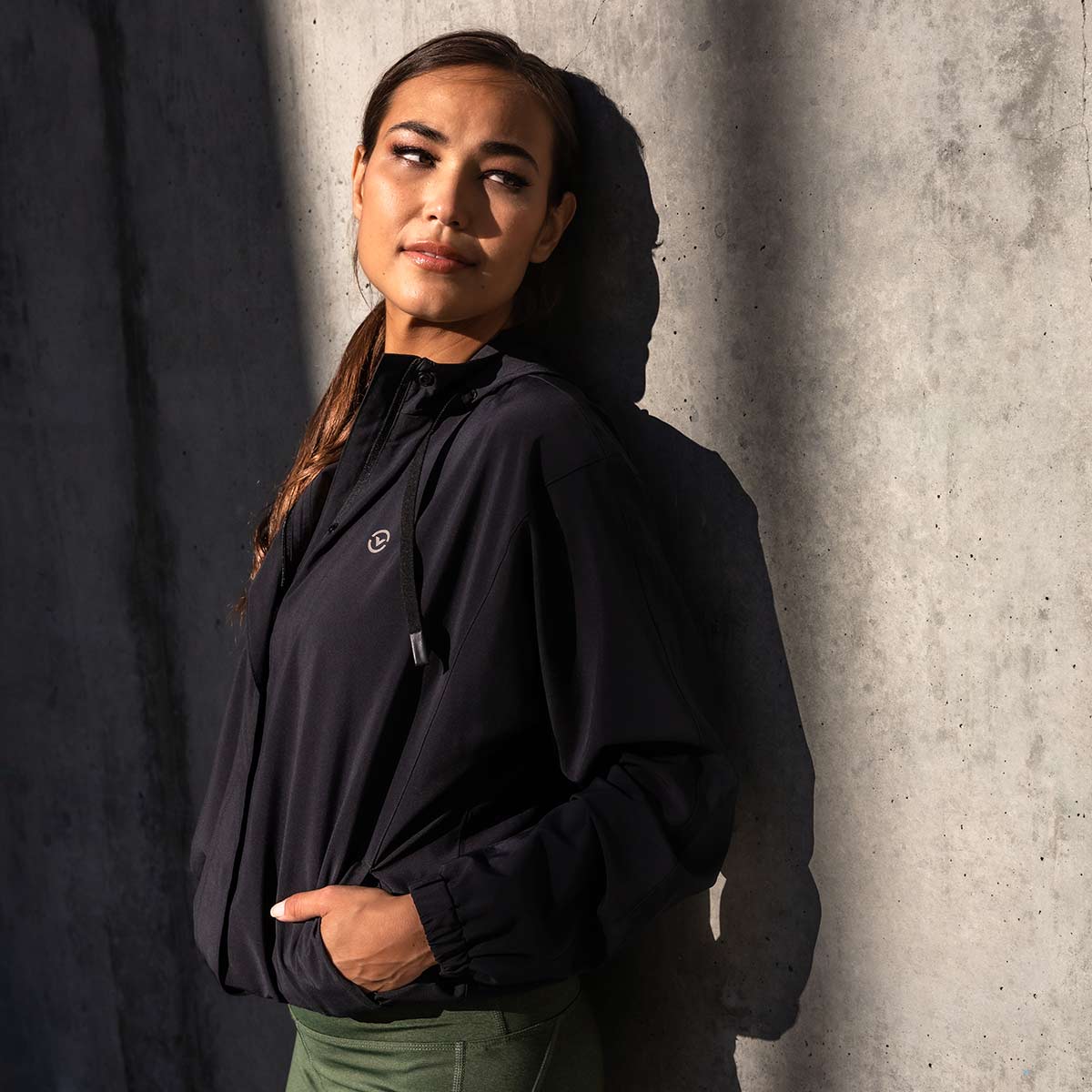
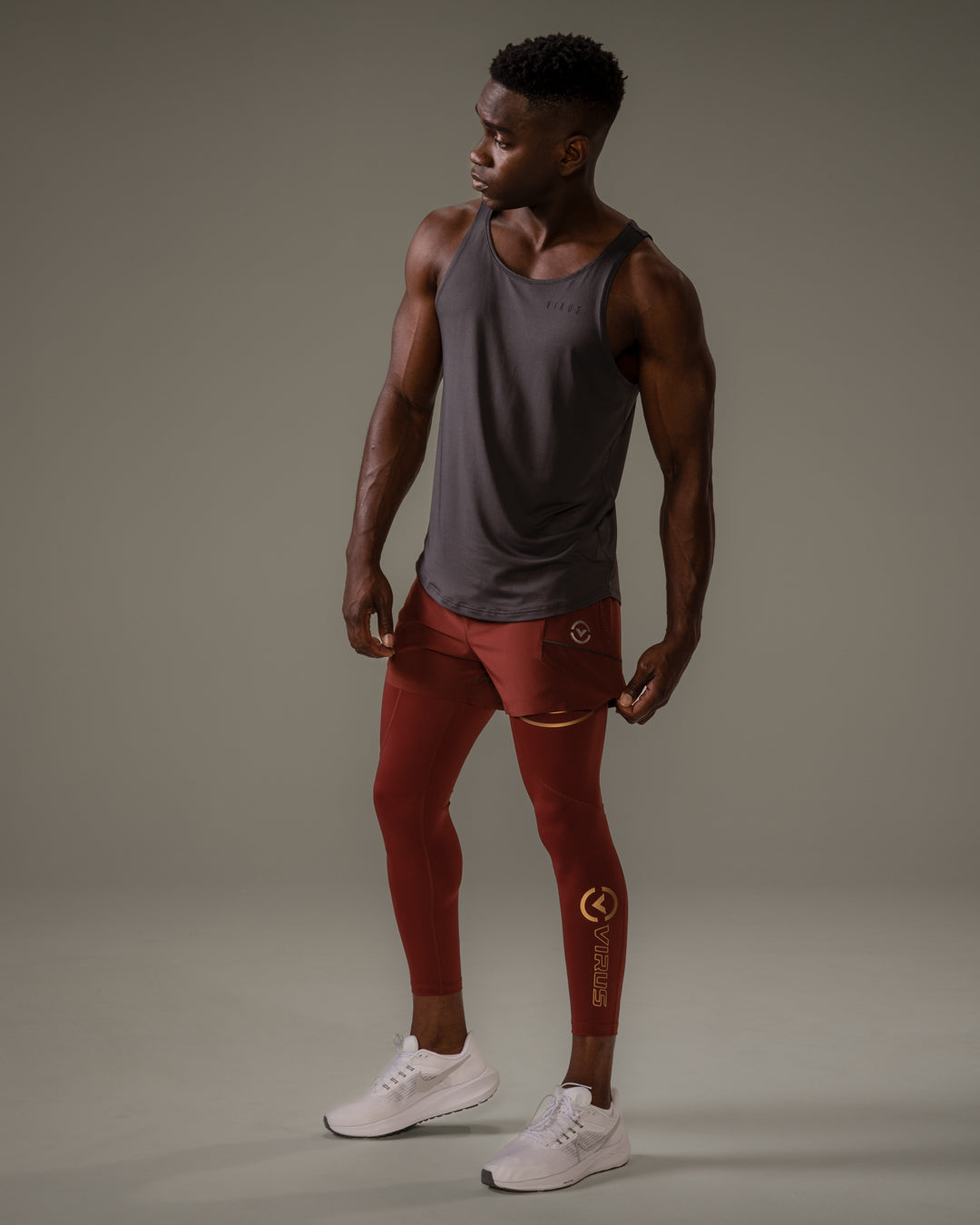
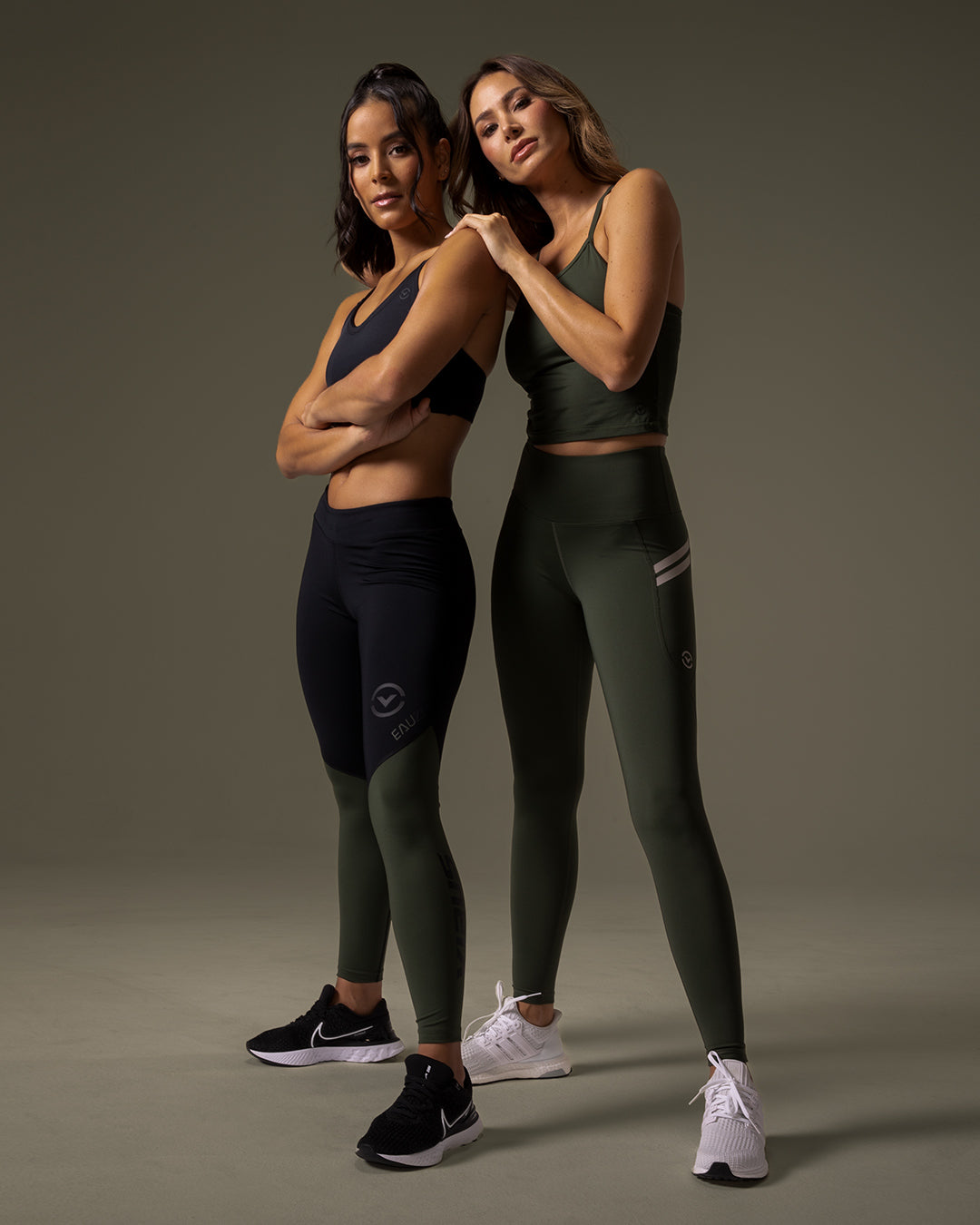



Leave a comment
This site is protected by hCaptcha and the hCaptcha Privacy Policy and Terms of Service apply.